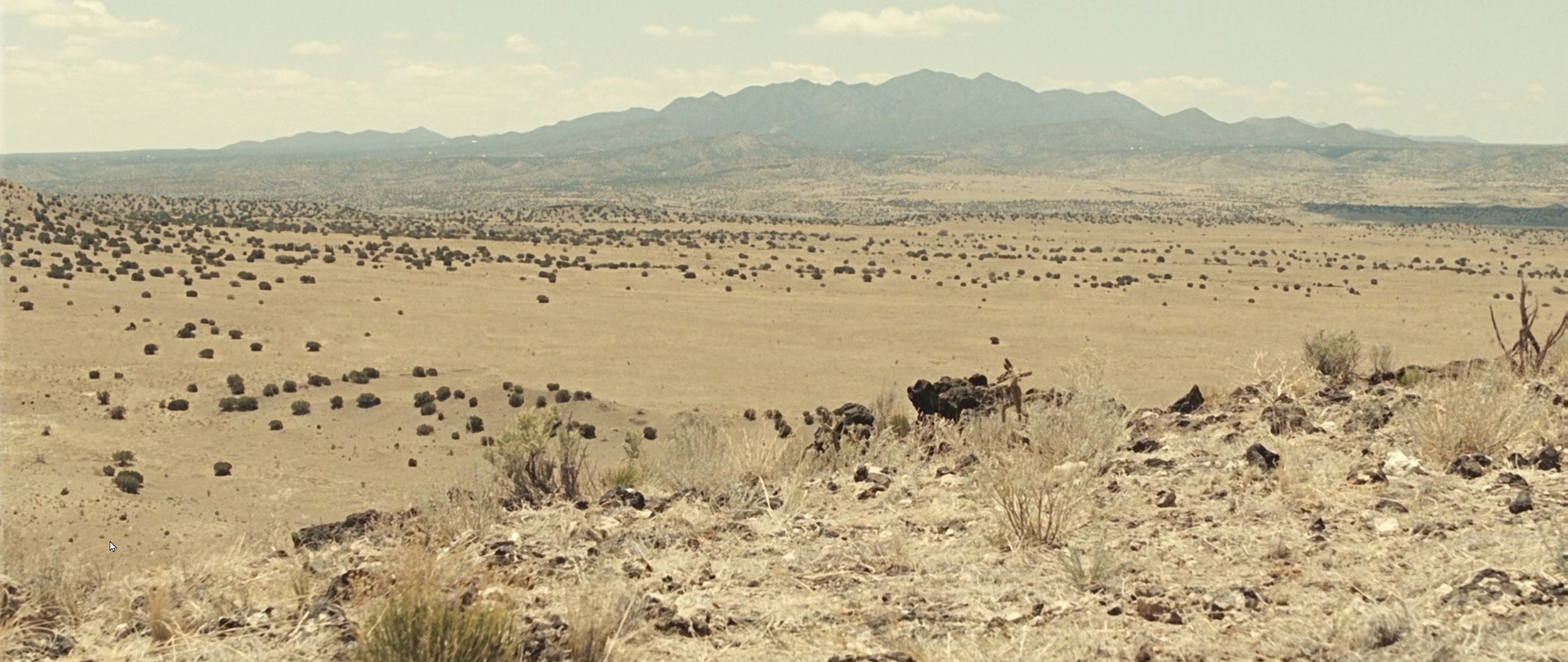Hi everyone — I’m Joan Rohlfing, president and COO of the Nuclear Threat Initiative. We’re a nonprofit, nonpartisan global security organization focused on reducing nuclear and biological threats imperiling humanity. In an era when the likelihood of use of weapons of mass destruction by individuals, terrorist organizations, and states is growing, we work to drive systemic change by galvanizing large-scale institutional adoption of innovative global security practices and programs. We’ve been doing it successfully for 20 years now.
What threats are most urgent? What can we do to stop them? I'm ready to answer those questions and more on Thursday, December 9, from 11 a.m. to 2 p.m. EST. (You can ask me something during that window or anytime before.)
This AMA is a follow-on to a talk I gave about nuclear threats in October, at the Effective Altruism Global 2021 conference in London. I discussed my strong belief that it is possible to make a difference in this arena, and I described what I believe we can do — and must do — together to build a safer world. I look forward to continuing that conversation this week!
A little more about me: Before joining NTI, I held senior positions in the U.S. Department of Energy and worked as an advisor to the U.S. Ambassador to India in the wake of nuclear tests in India and Pakistan. Earlier in my career, I oversaw nuclear weapons policy and acquisition programs at the Department of Defense and the Armed Services Committee of the U.S. House of Representatives. My thinking on nuclear security has been shaped by 35 years working in this field, and I’ve worked on this from all angles — from a military, a diplomatic, a political, a technical, and an academic perspective.
I look forward to your questions — ask me anything!


What risk-reducing technologies are you most excited about right now? What risk-reducing technologies do you think should get more attention/funding than they are currently getting?
I'm particularly interested in biosecurity here, but would also be interested in answers relating to other catastrophic risks.
For nuclear risk reduction, I believe AI/ML and the growing availability of big data are potentially game changing. In a world where the vast majority of collective human actions and behaviors leave a digital footprint, we now have a set of new tools for detecting illicit nuclear behavior (like illicit trade in nuclear dual use components, or the production of weapons grade uranium or plutonium). Like any new technology, we have to work to capture the benefits while minimizing the risks they bring, so we at NTI are looking at both sides.
Last year NTI... (read more)